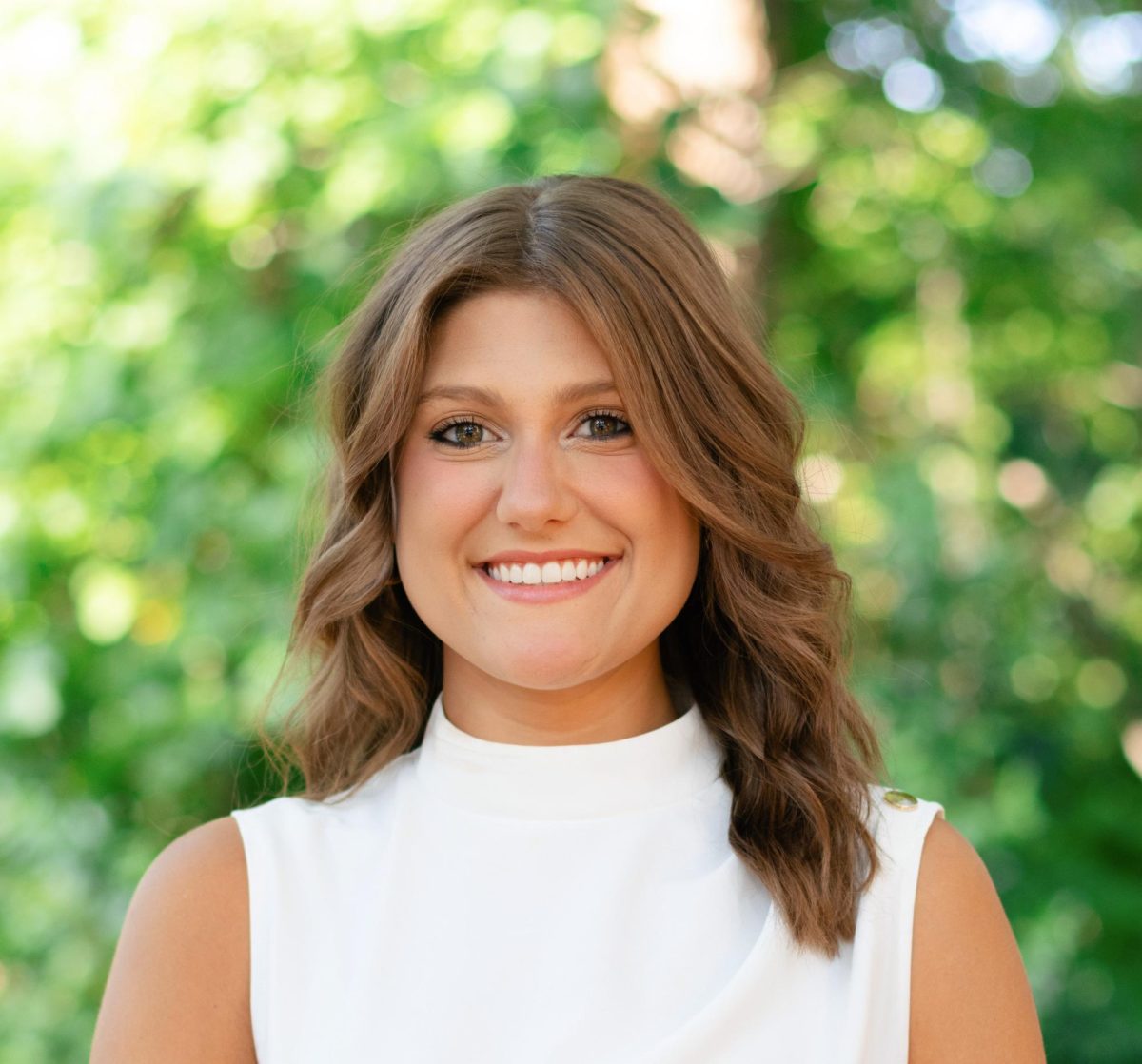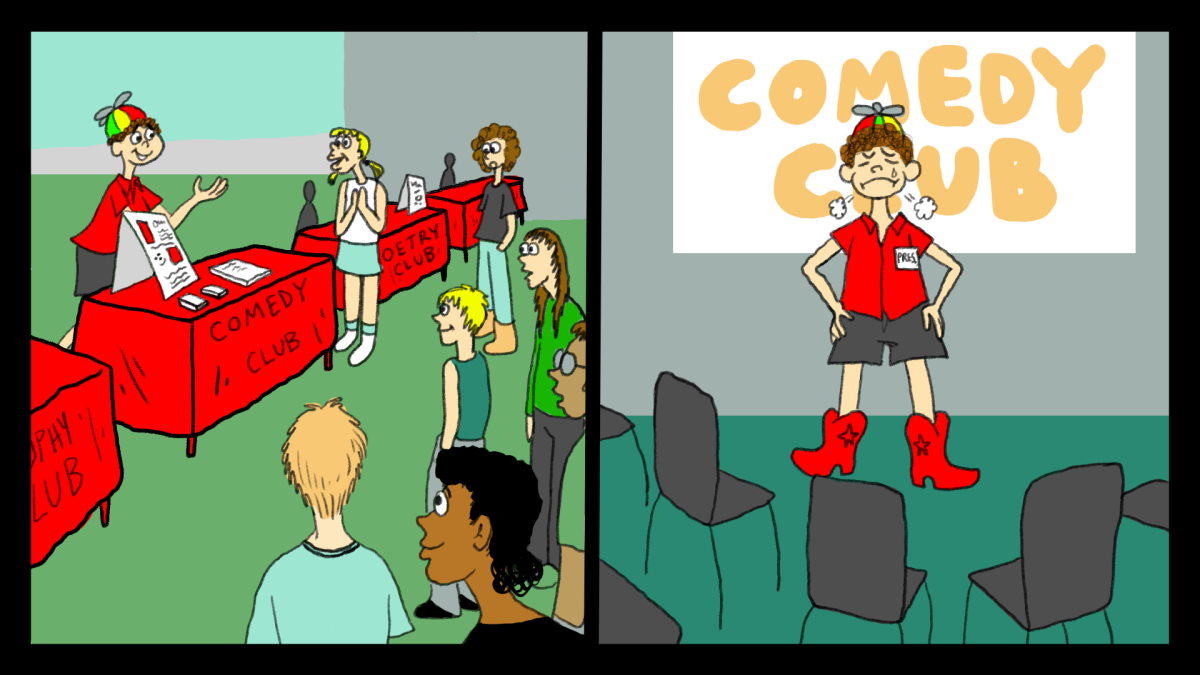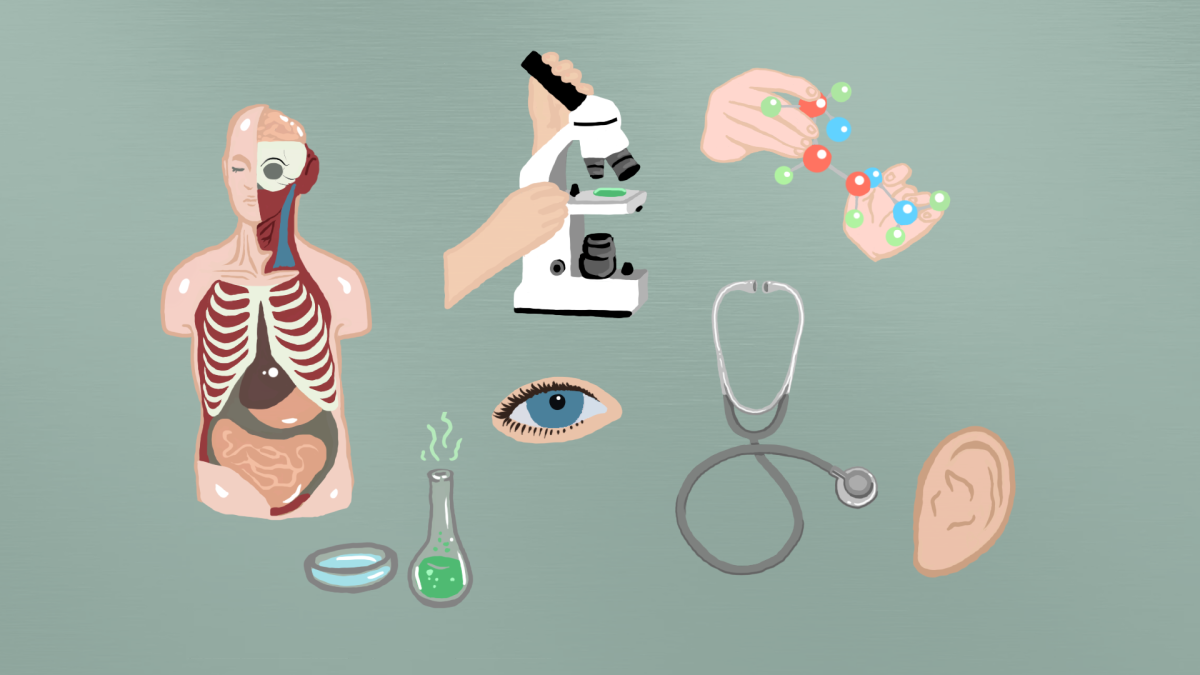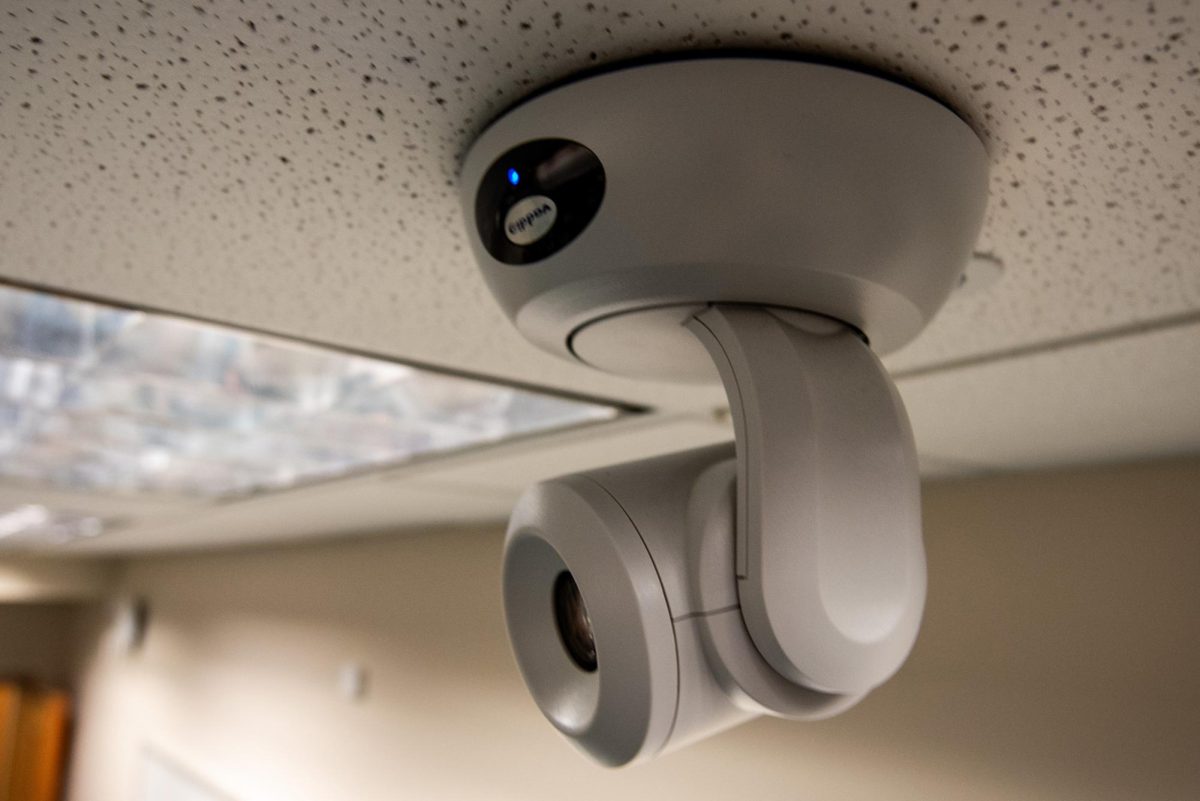Political differences are no longer just debated at the dinner table, they’re causing separations in long-standing friendships and romantic relationships. For young adults navigating early adulthood, the stakes have shifted. Political beliefs are seen as reflections of one’s morals, values and identity — leaving little room for compromise.
For NC State alum Audrey Benefiel, the political divide cost her a lifelong friendship.
“Before politics became an issue, my relationship with my friend was almost picture perfect,” Benefiel said. “We never fought much, supported each other from afar [and] took family vacations together.”
Growing up, Benefiel knew about her friend’s beliefs, but actively tried to avoid the conversation. Through college, she found herself more passionate about her beliefs, but still felt that they could remain friends.
This changed after a seemingly minor moment at a party, where Benefiel, the only left-leaning guest in a group of conservatives, mentioned she was pro-choice.
What followed was a dramatic unraveling of their friendship.
“My friend finally reached out, we were going to have dinner at my apartment,” Benefiel said. “The conversation turned to them saying they were ‘shocked’ to hear I was pro-choice at their party.”
Benefiel describes not feeling heard in that conversation with her lifelong friend.
“I felt so attacked and berated in my own home,” Benefiel said. “After being verbally harassed … I thought [that] anyone who is comfortable doing that to someone is not someone I want to be involved with.”
While Benefiel once believed that friendship could work despite differences in political beliefs, she now feels differently.
“We’re not voting on opinions, we’re voting on morals and basic human rights,” Benefiel said. “I could never have a close relationship with someone that has differing views from me.”
Mac Barnes, a third-year studying computer science at Washington University in St. Louis, grew up believing political differences in families were manageable. While his parents always had different views, when he became independently politically aware, he saw these “differences” grow into moral contradictions.
“These are often not differences of opinion but fundamentally disagreeing with others’ existence,” Barnes said.
Once Barnes came out as queer and saw family members support a political party that historically opposes the LGBTQ+ community, he felt a betrayal. He says these choices revealed a painful truth: love without advocacy is empty.
Barnes has since learned to draw boundaries, realizing that political choices aren’t just ideological – they signal who people are willing to protect and who they’re willing to leave behind.
“We all know what restraint, listening, compromising, acting in good faith and being the bigger person looks like and I say do all of those things,” Barnes said. “But know what is beneath you and hold that line; if not for yourself, but for others who don’t have that privilege.”
This issue isn’t limited to platonic relationships. A 2021 study found political party identifications can influence the quality of romantic relationships, with less attraction towards people with different voting preferences.
Anders Bullock, Meredith College alum, found herself ending a romantic relationship after realizing the depth of her and her partner’s political differences. Initially unconcerned with his apathy toward politics, Bullock began noticing off-putting comments as an election approached.
“I believe political values are extremely important in maintaining a relationship because, for me, it comes down to morals,” Bullock said. “Especially with me being very active in politics … it’s very hypocritical of me to post the things I do and be with someone who disagrees.”
Despite attempts to communicate her discomfort, Bullock said her concerns were dismissed and invalidated.
“As much as I don’t think he was a bad person, I couldn’t be with someone who didn’t align with me in a way that is so important to me – and that’s okay,” Bullock said.
In contrast, alum Tiffany Ho believes that political differences aren’t a deal breaker in relationships. While Ho and her romantic partner have the same beliefs, she has friends aligned with bipartisan views.
“In my opinion, I don’t think friends need to have all the same political beliefs,” Ho said. “At the end of the day, as long as we respect each other and our beliefs, they don’t have to align. Treating everyone with kindness is what matters to me the most.”
Despite individual opinions whether political differences can exist within relationships, each story reveals a common thread: Political differences are no longer background noise, they are the main event.
“Some people still think it’s just opinions — but for many of us, it’s about morals,” Bullock said. “That’s something a lot harder to compromise on.”





